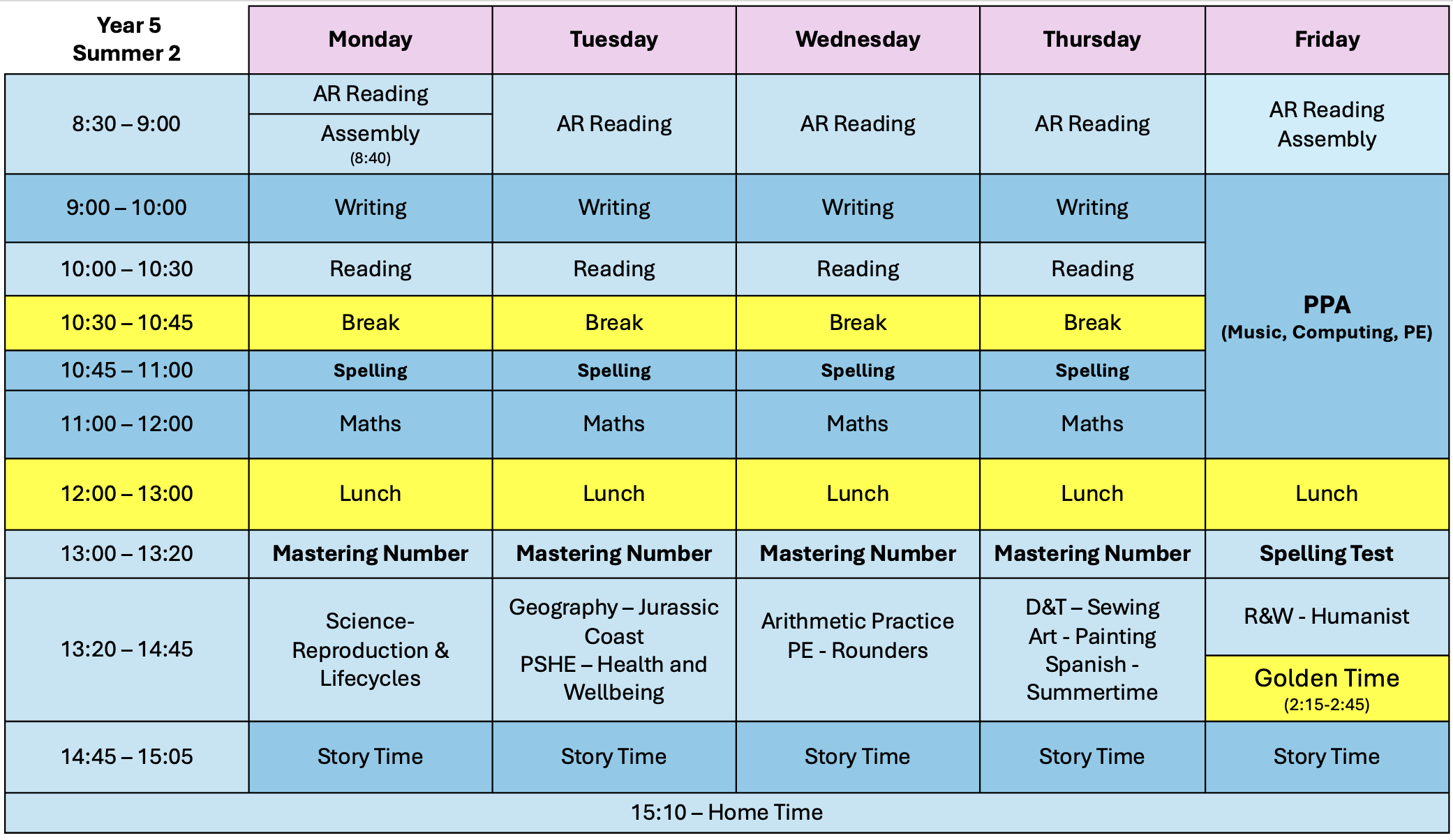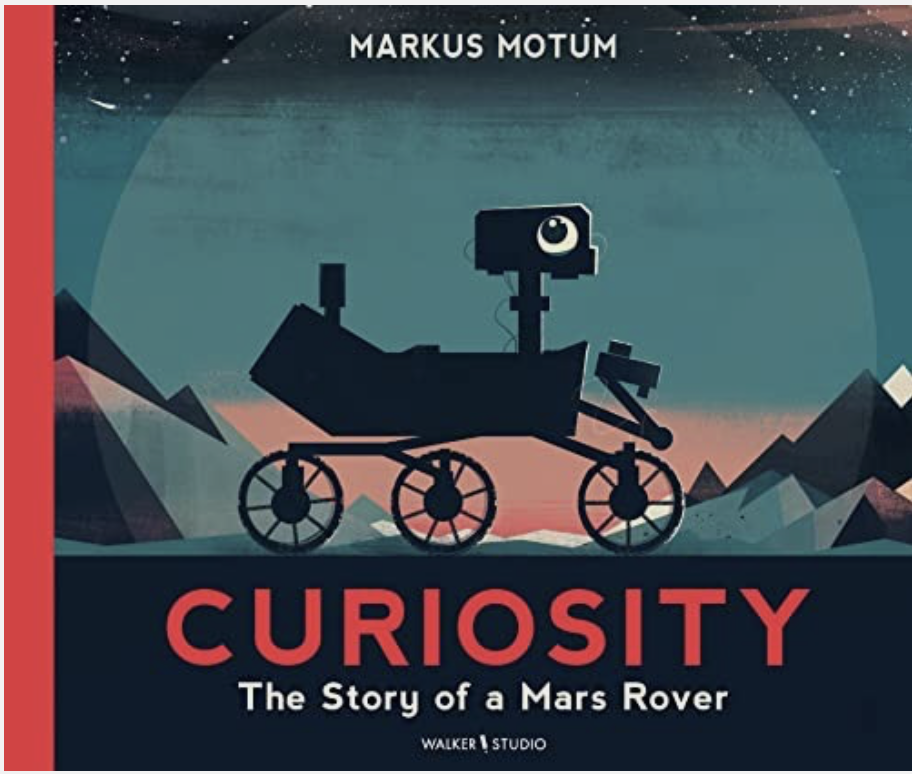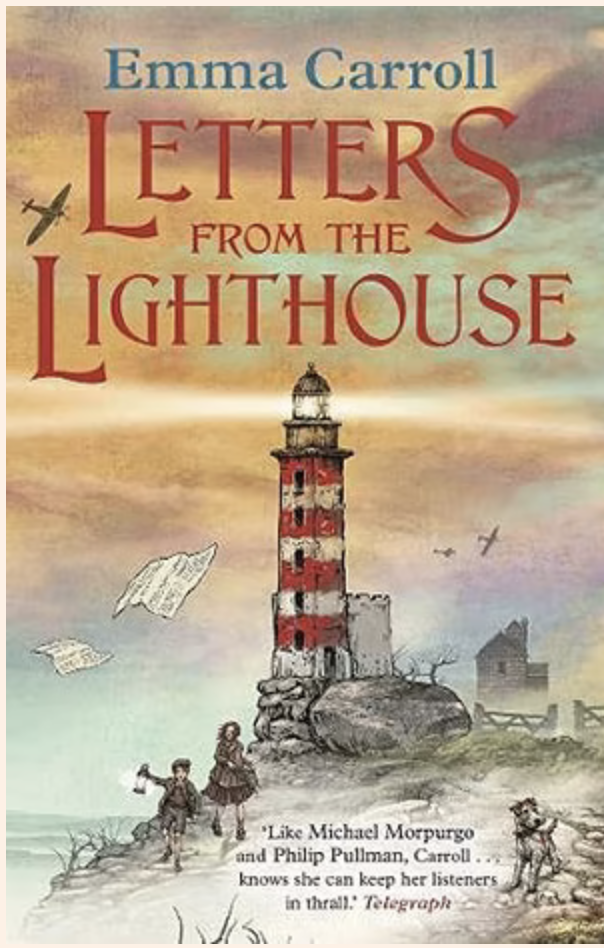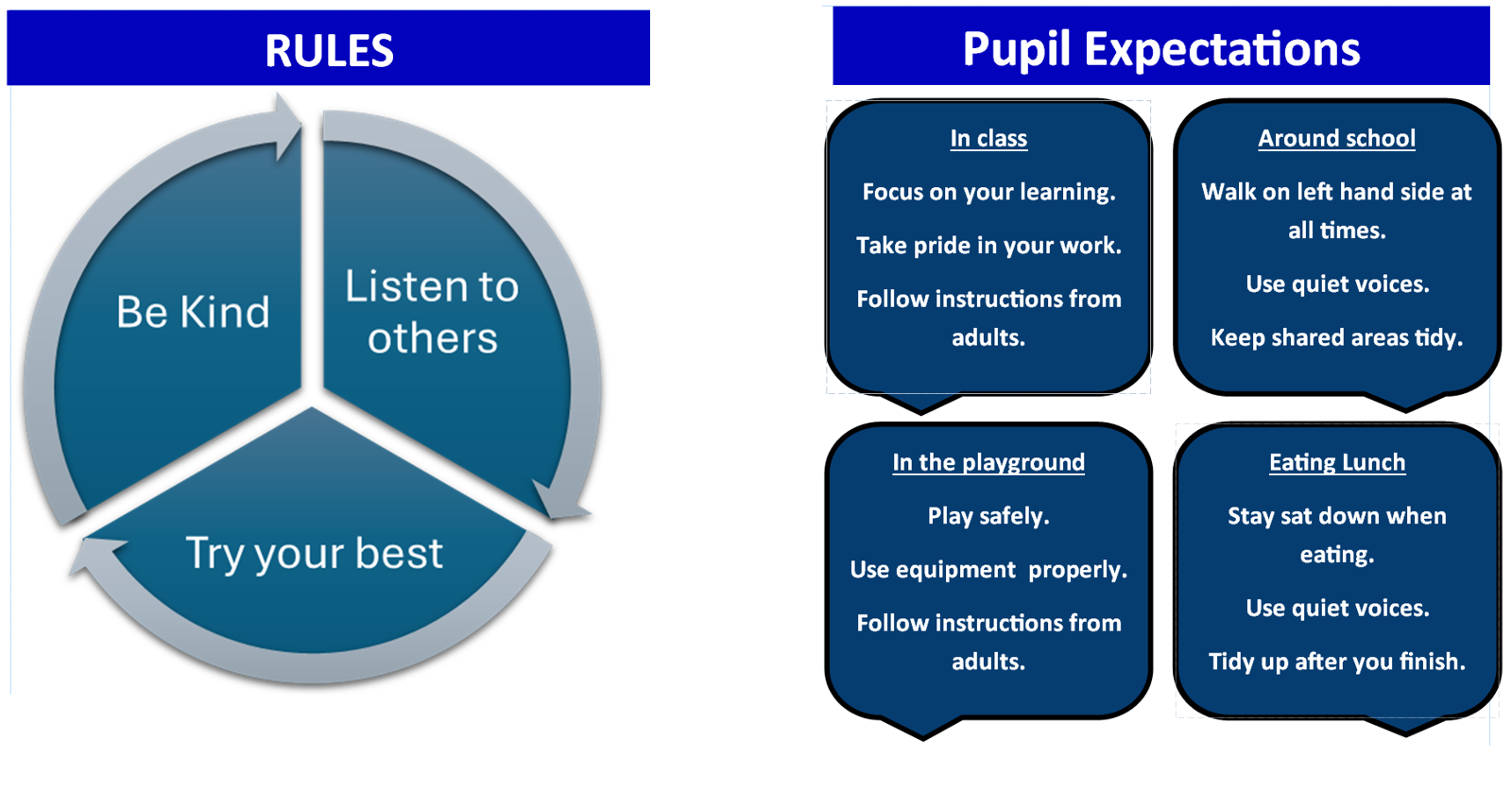Summer 2
This half-term, Year 5 will be visiting the Jurassic Coast, which ties into our geography and art topics.
This trip costs £3.00 per child and can be paid for via the MCAS app. Please follow this link for more information: Old Harry Rocks Letter
We will also be taking our children for a free open day experience at Bourne Academy on Wednesday 9th July. The children walk to Bourne Academy and back, so they will need to wear comfortable trainers.

Maths
This half-term in maths, children will be revisiting key areas of learning from this year to ensure a smooth transition into Year 6.
Topics will include:
Addition, Subtraction, Division and Multiplication
Fractions: adding and subtracting fractions with and without a common denominator; multiplying fractions by an integer; adding and subtracting mixed numbers; multiplying two fractions.
Exploring the relationship between Fractions, Decimals and Percentages
Multiplying and Dividing by 10 / 100 /1000 / 10000
Adding and Subtracting Decimals
Mental addition and subtraction games.
Using known facts to solve calculations (I know that 3 x 40 =120 because I know that 3 x 4 = 12)
Mastering Number
What is involved?
Knowledge of multiplication and division and its applications forms the single most important aspect of the KS2 curriculum, and is the gateway to success at secondary school. This project enables pupils in Year 5 to develop fluency in multiplication and division facts, and a confidence and flexibility with number that exemplifies good number sense.
What will the children learn?
- Year 5 will develop automaticity in multiplication and division facts through regular practice.
- Year 5 pupils will make progress in their knowledge and understanding of multiplicative concepts.
Writing

Curiosity: The Story of a Mars Rover by Markus Motum - Synopsis of Text taken from Literacy Tree
Discover the incredible story of the search for life on Mars, told from the unique perspective of Curiosity, the Mars Rover sent to explore the red planet. Markus Motum's stylish illustrations and diagrams reveal how a robot travelled 350,000,000 miles to explore a planet where no human has been before.
The book explores the themes of exploration and discovery and what it means to be curious. Children will follow the journey of the NASA rover Curiosity as it makes its way to Mars. Children will write labels to explain Curiosity’s features before exploring how to use cohesive devices to expand and explain. They will use the passive voice to log the rover’s landing on Mars and write an Information Text. Finally, children will draw together their learning to design a new rover and write an expanded explanation to propose it as the future of NASA exploration.
We will continue to focus on developing the key skills required to be successful in Year 5:
- Presenting work with care, including using cursive handwriting
- Editing work, looking specifically at spelling, punctuation and grammar
We will continue putting emphasis on children trying to embed key features of Upper Key Stage 2 writing into their daily writing, including:
- Relative clauses - The boy, who had short brown hair, kicked the ball.
- Subordinate clauses - Because the men had been at sea for many years, Odysseus knew that they must return home soon.
- Modal verbs - I can hear the wind howling as the storm clouds envelope our town. I should run but I will not.
- Using a range of punctuation - : ; ( ) -
We will also continue to encourage children to WRITE LESS, BETTER. We want children to focus on producing quality pieces of writing, and this is much easier when the expectation of work produced is reduced.
We will be using the following written outcome to evidence our children's progress in the aforementioned areas:
- An Information Text
Reading

The Letters From the Lighthouse by Emma Carol
Synopsis of text taken from Literacy Tree
It’s World War 2 in London. Olive and her brother Cliff are watching watching a film at the picture house. Sukie – their older sister - disappears not long after they had settled in their seats to watch that week’s feature, asking that the siblings wait for her in the foyer after the film has finished. Except the air-raid siren sounds and the cinema is evacuated. They wait for Sukie as long as is safe but are then herded out to the air-raid shelter but disaster strikes and Olive is hit and has to go to hospital to recover.
The decision is made that Olive and Cliff be evacuated to the Devonshire Coast and this is where the adventure of daring and espionage begins. Initially, the children are billeted to Queenie’s in the post office. But Olive is suspicious about the activities of the locals. After a falling out with another evacuee Cliff and Olive are sent to live at Ephraim’s – the lighthouse keeper, who is a closed, solitary character. Olive unravels a trail of secrets through a message that she finds in the lining of her mother’s coat pocket. But Olive’s attempts at solving this next stage in the mystery are thwarted when Cliff falls dangerously ill…

Vocabulary
Children will have the opportunity to explore unknown vocabulary in the passage.
They will be introduced to words through explanations in everyday connected language, rather than dictionary definitions.
Prosody
Children will have regular opportunities to hear their teacher read.
Pupils can then orally rehearse and practice reading the passage. This can be read in pairs, so there is an ‘audience’. Children will also have opportunities to read in groups and complete individual performances for the class.
Language for effect
Here, children will unpick the choices made by the author and the impact this has on the text and therefore the reader.
We will look at particular phrases and sentences rather than whole passages.
Children will have the chance to revisit vocabulary from the first session and see how effective it is within the context of the sentence.
Comprehension and Oracy
Children will have the opportunity for informal book talk.
Chances will be given to discuss the book as a class.
Written work may take place in the form of comprehension – retrieval, inference, sequencing style questions.
Reading for Pleasure
Finally, children will have the chance to read on in the text – this will also be done in your Story Time.
Spellings
Spellings is now taught daily in short, sharp, 15-minute lessons following the same lesson structure every day:
Year 5 will continue this new approach to spellings, which has been very successful so far. Children have been really engaged in lessons and I know that they have really enjoyed them. We want our children to focus on accuracy, independence, and being able to spot errors and correct them whilst editing.

Quick Review
- Practise a word from the previous lesson's rule or focus.
Teach and Practise
- Introduce words that follow a new spelling rule
- Read the works fluently as a class
- Locate sounds on 'Grow the Code poster - see below
- Add sound buttons and locate focus grapheme or manipulate words.
Practise and Apply
- Spelling 3–4 words that follow the rule and include the focus grapheme
Review
- Recap on rule and add the new rule to a display
On Fridays, children will be introduced to 'prickly spellings', which are Challenge Words. These will be linked to the Year 5 and 6 Spelling list.

Geography
The Jurassic Coast
Key Question — TBC
·
Science
Reproduction and Lifecycles - this unit of work will be the focus for the entire Spring Term
National Curriculum 2014 Objectives
Pupils should be taught to:
- Describe the differences in the life cycles of a mammal, an amphibian, an insect and a bird
- Describe the life process of reproduction in some plants and animals.
Notes and guidance (non-statutory)
- Pupils should observe life-cycle changes in a variety of living things, for example, plants in the vegetable garden or flower border, and animals in the local environment.
- They should find out about the work of naturalists and animal behaviourists, for example, David Attenborough and Jane Goodall.
- Pupils should find out about different types of reproduction, including sexual and asexual reproduction in plants, and sexual reproduction in animals.
- Pupils might work scientifically by: observing and comparing the life cycles of plants and animals in their local environment with other plants and animals around the world (in the rainforest, in the oceans, in desert areas and in prehistoric times), asking pertinent questions and suggesting reasons for similarities and differences.
- They might try to grow new plants from different parts of the parent plant; For example, seeds, stem and root cuttings, tubers, bulbs. They might observe changes in an animal over a period of time, comparing how different animals reproduce and grow.
Types of science investigation
- Experiment observing changes over time
- Pattern seeking experiment
- Fair test
- Classification and Identification
- Research
Art
Painting
Religion and Worldviews
In this half-term, we will continue to learn about Christianity.
Key question: What is the best way for a Christian to show commitment to God?
Theme: Beliefs and practices
This topic will include learning how Christians show commitment to their God in different ways:
- Exploring the Ten Commandments
- Discussing 'Love your neighbour as yourself' and asking ourselves what that love might look like in our lives
- Looking and prayer and worship practices
PSHE
This term we are going to be looking at the Changing Me unit of learning,
This unit includes discussions about self and body image, puberty for girls, puberty for boys, conception, and looking ahead to the future and understanding the changes that growing up will bring.
There will be the opportunity for you to see the content around puberty and conception before it is taught, should you wish. If you have any concerns or questions, please do not hesitate to contact your class teacher.
As always, we will continue to embed the three Golden Rules, as well as other pupil expectations, both in class and whilst moving around the school.

Spanish

This half-term in Spanish, we will be learning about summer, including describing different weather types, talking about different Spanish cities, and asking for an ice cream.
PE
This half-term, our PE sessions will be on a Wednesday and a Friday.
Children will be doing Rounders and TBC
